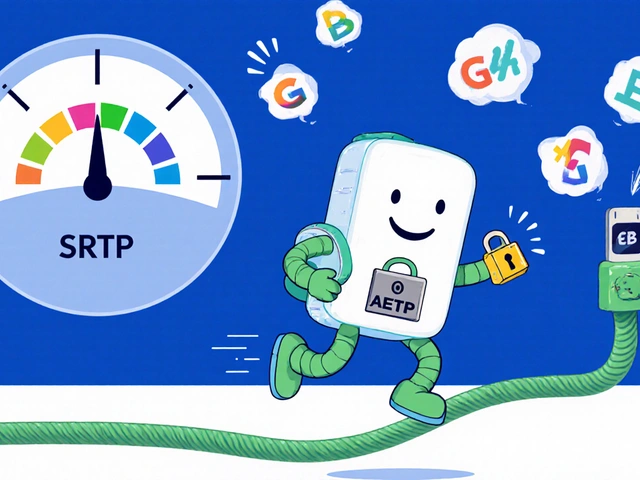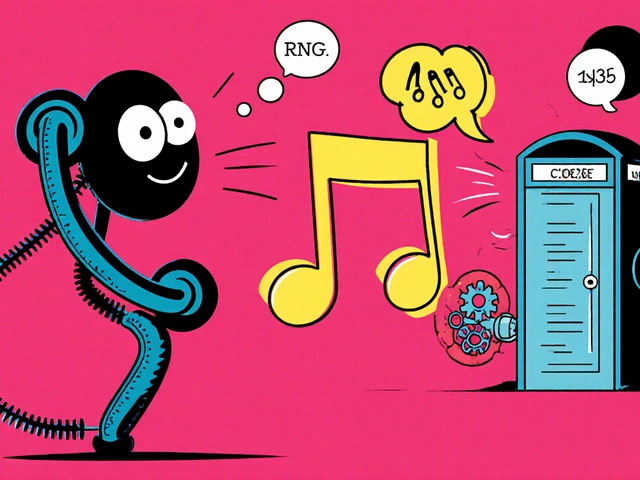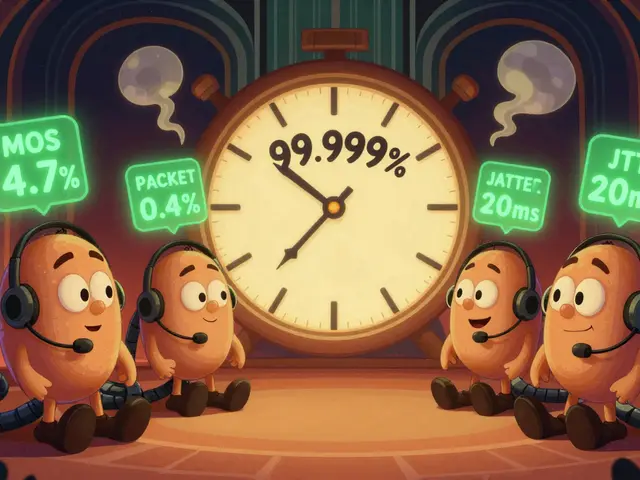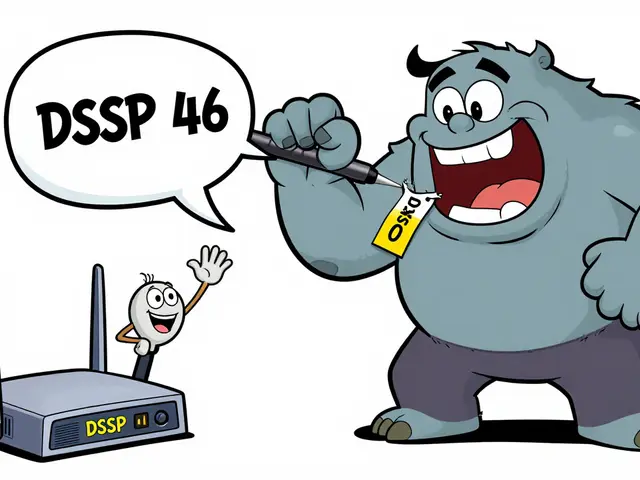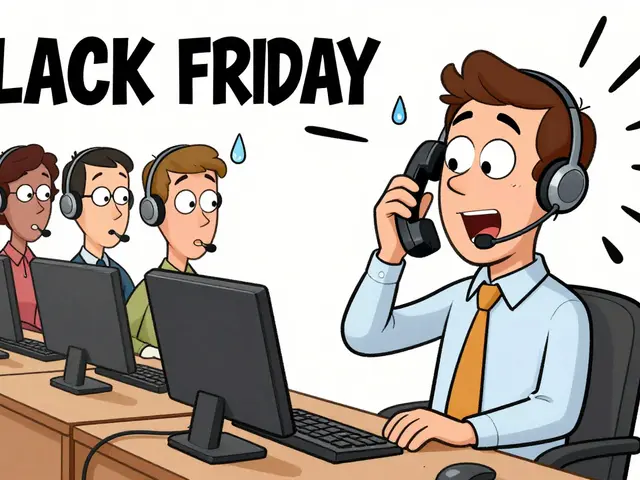VoIP for Sports Venues: How Stadiums Use Internet Calling for Operations
When you're at a packed stadium, the roar of the crowd isn't the only thing happening behind the scenes—VoIP for sports venues, a system that turns internet connections into clear, reliable voice calls. Also known as IP telephony, it's replacing old landlines in arenas and ballparks because it's cheaper, smarter, and scales instantly. Think about it: a single call center can handle 500 calls at once. But a stadium needs hundreds of internal lines for security, concessions, medical teams, and broadcast crews—all at the same time. Landlines can't do that without miles of wiring and a truckload of hardware. VoIP does it over one network cable.
Stadiums don’t just use VoIP for staff calls. They use it to connect remote control rooms to field-side workers, link ticket booths to parking gates, and even let fans text or call support through virtual numbers. SIP trunk architecture, the backbone that connects a venue’s phone system to the internet lets teams add or remove lines in seconds. Need 20 extra lines for halftime promotions? Done. Need to route all calls to a backup server if the main line fails? That’s built in. And because VoIP runs on the same network as security cameras and scoreboards, everything stays synchronized—no extra wiring, no delays.
It’s not just about making calls. VoIP call center scalability, the ability to handle sudden spikes in call volume without crashes is what keeps big events running. During a last-minute goal, thousands of fans might call for refunds, merch, or directions. A traditional system would crash. VoIP? It scales up automatically. Providers like 3CX and Zoom Phone let venues pre-set rules: route high-priority calls to security, send low-priority ones to voicemail, or send automated responses during peak hours. And because it’s cloud-based, you don’t need a server room full of boxes—you just need good internet.
Bandwidth matters, but not how you think. You don’t need 1 Gbps just to run phones. With modern codecs like G.729, each call uses less than 40 Kbps. The real issue is ISP peering, how your internet provider connects to others. If your stadium’s ISP routes traffic through five different networks, calls get choppy. But if they have direct peering with major carriers, calls stay crystal clear—even during a sold-out game. That’s why top venues work with providers who guarantee quality, not just speed.
From the press box to the concession stand, VoIP gives sports venues control, clarity, and cost savings. No more paying for hundreds of physical lines. No more waiting weeks for new phones. No more dropped calls when it matters most. What you get is a system that grows with your event, adapts to emergencies, and works the same whether you’re in a small arena or a massive stadium. Below, you’ll find real guides on how to set it up, avoid common mistakes, and make sure your venue’s communication stays ahead of the game.
VoIP transforms sports venues by unifying communication for staff and fans. From emergency intercoms to live fan apps, modern IP systems cut costs, boost engagement, and keep operations running smoothly during live events.

